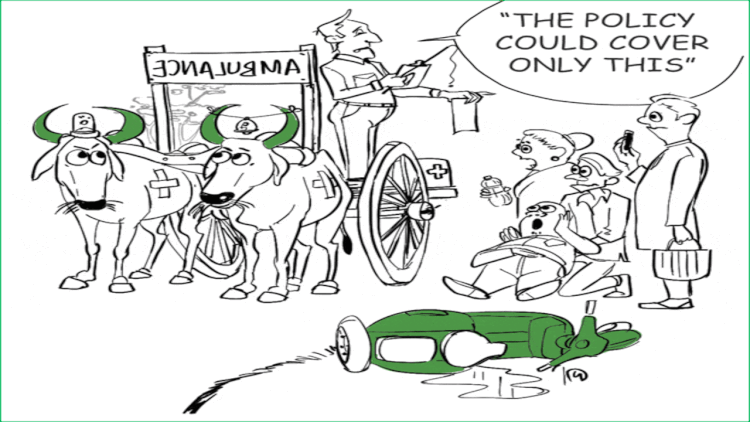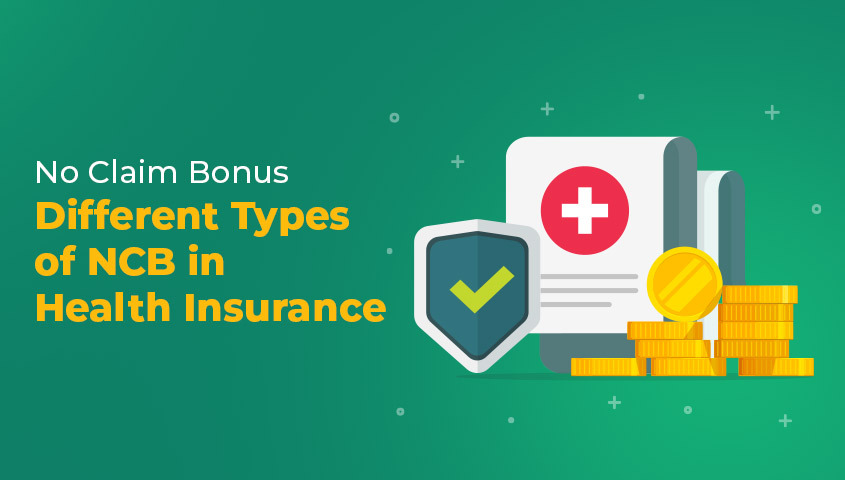
Insurance understanding and knowledge is not easy. The fine print which accompanies any policy is tricky and it is tedious for a layman to understand and comprehend it. The language is very convoluted and boring to read. So, a lot of buyers, fail to understand the policy and settle for an unsuitable one. Insurance agents capitalize on this impulsive nature of the buyer. They end up mis-selling the policy for immediate gains. This leads to expectation mis-match.
What does Mis selling a policy include?
Mis selling is selling a policy by giving a wrong picture of the policy. It may include, giving wrong information, giving unrealistic information, and not giving full details of the product.
What is IRDA doing to Prevent Mis selling?
In the past few months the Insurance Regulatory Development Authority has taken several steps to increase transparency and further the policyholders’ cause. They have made laws against mis-selling strict and take action against fraudulent cases.
You healthcare policy comes with a free look period. This means that a policyholder can return the policy within 30 days from the date of receipt if terms and conditions are not agreeable or suitable.
How can you Avoid being a Victim of Mis-selling?
Know the track record of your insurance agent and ask questions clearly
Insurance agents usually push plans which fetch them high rates of commissions. They capitalize on the ignorance of the regular customers and latch onto them plans which may not be very useful for them. Often, after the policy is sold, they magically disappear and do not help in claim processing as promised. To avoid such a situation, make sure you go to a reliable agent with a good track record. Be patient and ask him/her all the questions.
Understand all Policy Exclusion thoroughly before settling down for one
Whenever a person buys an insurance plan, he/she is more focussed on the price comparison between premiums and the sum insured. They miss the limits, hospitals covered, diseases covered and the sub clauses and their wordings. Make sure you know what you are looking for, double check to see if those particular conditions are included or not.
Understand the product well and refrain from under or over investing for Health Insurance
The lack of awareness of the available insurance products can be detrimental. As a buyer you need to know the actual value of the product ‘for you’. If are in your 20s, with no liabilities, then you can start with an insurance cover which is lower.
Be on a lookout for Limits and Co-pays if Any
Many health insurance policies have room rent capping which means that you are eligible to claim expenses only up to a room costing below this capping.
For instance, you room capping is Rs 4000/day and you opt for a room worth Rs 7000/day, you will have to bear the additional expenses on your own. Room capping may not only be for room rent, but other facilities as well which come with it.
Also, a number of policies, especially as you age, come with clauses of co-pay for certain parts of the claim. For instance, if your policy has a co-pay of 50% for a cardiovascular surgical procedure, you will have to bear half the expense. Look out for words like limits, deductible, co-pay in the policy and especially the terms and conditions associated with each of them.
Avoid having unrealistic prediction of returns
A lot of buyers are misguided, about the terms and conditions of a policy. They are shown unrealistic predictions of the returns. This tactic is to lure the customer into getting the policy. Whenever you decide to buy a particular company’s policy, make sure to check their claim settlement ratio and the reviews provided by other users.
Compare all policies out there and find the best one to suit your needs
Whenever you are opting for an insurance policy, you need to evaluate all the options out there. There are policies which will suit your need. You need to opt for one which fits your requirements. At Turtlemint, you can find all the policies and compare them at a glance to find the one for you. We decode the fine print, and highlight all the key factors to make decision making simple and clear.
Read more about Dejargonizing health insurance terms
Read more about How to choose health insurance plans
Be Insurance Smart 🙂
































